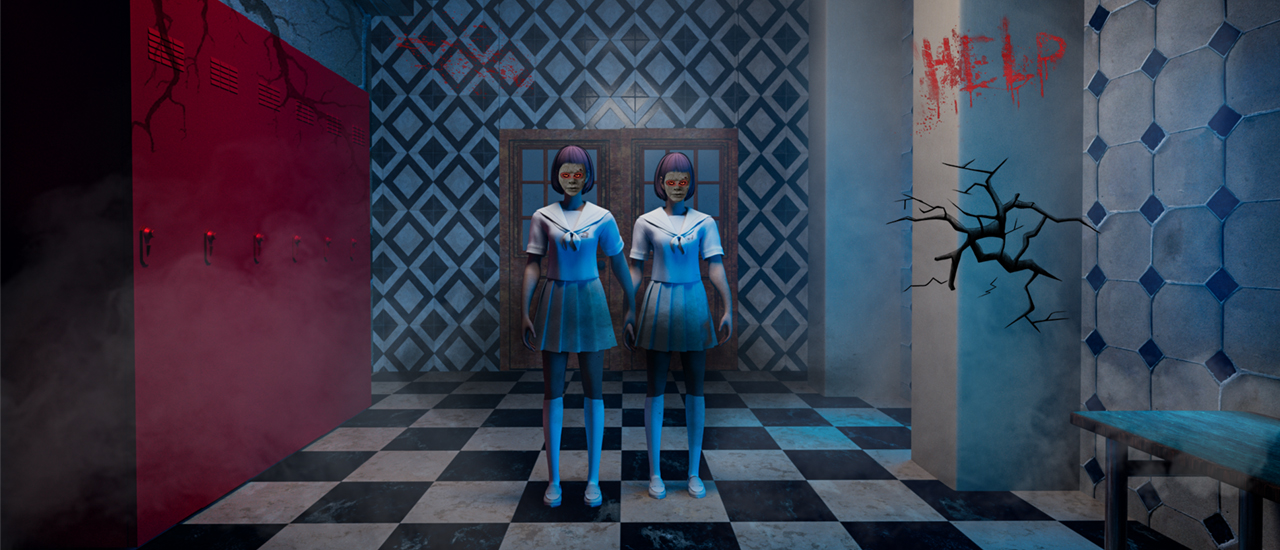What Are Ghost Games?
Ghost games, often known as ghost-themed or ghost hunting games, are those in which ghosts, spirits, or supernatural elements play a significant role. These games frequently feature players interacting with, hunting, or being haunted by ghosts.
Best Attractiveness of Ghost Games?
Ghost games captivate players through their unique ability to blend supernatural elements with immersive storytelling and atmospheric design. The allure of these games often lies in their ability to create a sense of mystery and suspense. Players are drawn into eerie environments where they must explore haunted locations, uncover hidden secrets, and piece together fragmented narratives. The thrill of the unknown, combined with the challenge of solving puzzles and outsmarting malevolent spirits, creates a compelling experience that keeps players engaged and on edge.
The atmospheric design of ghost games is another significant factor contributing to their appeal. Developers meticulously craft spooky settings using haunting visuals, chilling sound effects, and unsettling music to evoke a sense of dread and anticipation. This immersive ambiance can make players feel as though they are part of a ghost story, heightening their emotional investment in the game. The use of lighting, shadows, and other visual effects can create moments of genuine fear and surprise, enhancing the overall gaming experience.
In addition, the gameplay mechanics in ghost games are designed to be both challenging and rewarding. Players might use specialized equipment, like ghost detectors or cameras, to identify and interact with supernatural entities. This can involve a mix of strategy, quick thinking, and problem-solving skills, which adds layers of engagement and satisfaction when players successfully navigate the game's challenges. The combination of these elements—mystery, atmosphere, thematic depth, and engaging gameplay—makes ghost games an attractive and enduring genre for many players.
How To Win Ghost Games?
Winning ghost games typically requires a combination of strategy, skill, and attention to detail. Each game may have its own set of rules and objectives, but there are common strategies that can help players succeed across different titles.
Firstly, understanding the game mechanics is crucial. Many ghost games feature unique tools and abilities that players must learn to use effectively. Familiarizing yourself with these tools and their functions can significantly improve your ability to detect and interact with supernatural entities. Taking the time to explore and understand the in-game environment can also reveal useful clues and hidden items that are essential for progressing through the game.
Secondly, observation and patience are key virtues in ghost games. These games often require players to carefully observe their surroundings and piece together subtle hints to solve puzzles or uncover the story. Rushing through areas can lead to missed clues or unexpected encounters with hostile spirits. Instead, players should move slowly, listen for audio cues, and pay attention to visual details that might indicate the presence of a ghost or a hidden passage. Patience is especially important during moments of tension, as staying calm can help you make better decisions under pressure.
Effective resource management is another important aspect. In many ghost-themed games, resources such as health items, batteries for flashlights, or film for cameras can be limited. Players must use these resources wisely to avoid running out at critical moments. Additionally, managing your inventory and prioritizing essential items can make a significant difference in your ability to survive and complete the game.
Finally, ghost games can be challenging, and players may face numerous setbacks and scares. Learning from each experience, understanding the behavior patterns of different ghosts, and refining your strategies can lead to gradual improvement. Persistence in the face of difficulty and a willingness to adapt your approach based on previous failures are key to mastering these games.
In summary, winning ghost games involves a combination of understanding game mechanics, careful observation, effective resource management, teamwork (if applicable), and persistent practice. By honing these skills and strategies, players can increase their chances of successfully navigating the eerie and unpredictable world of ghost games.







 Ghost Games
Ghost Games Flappy Bird Games
Flappy Bird Games Cowboy Games
Cowboy Games Search a Word Games
Search a Word Games Hidden Object Games
Hidden Object Games Fashion Games
Fashion Games Easter Games
Easter Games Quiz Games
Quiz Games Valentine's Day Games
Valentine's Day Games Truck Games
Truck Games Hangman Games
Hangman Games Sweets Games
Sweets Games Domino Games
Domino Games Shaun the Sheep Games
Shaun the Sheep Games Piano Games
Piano Games Retro Games
Retro Games Card Games
Card Games Monster Games
Monster Games